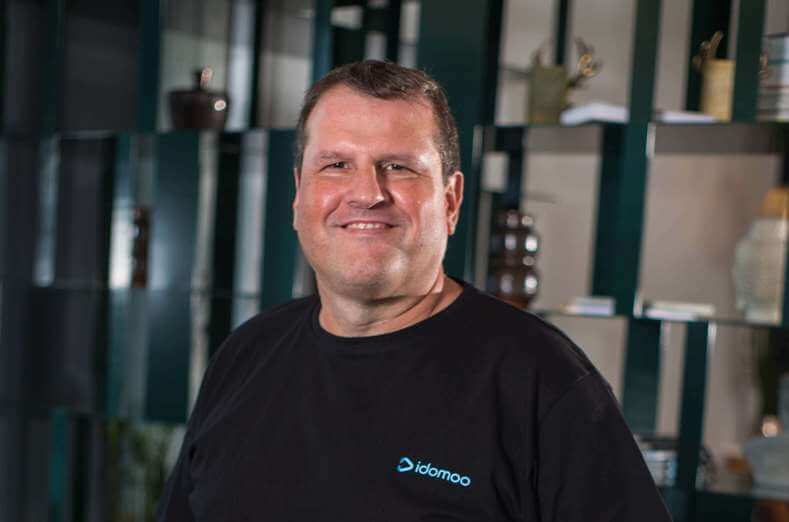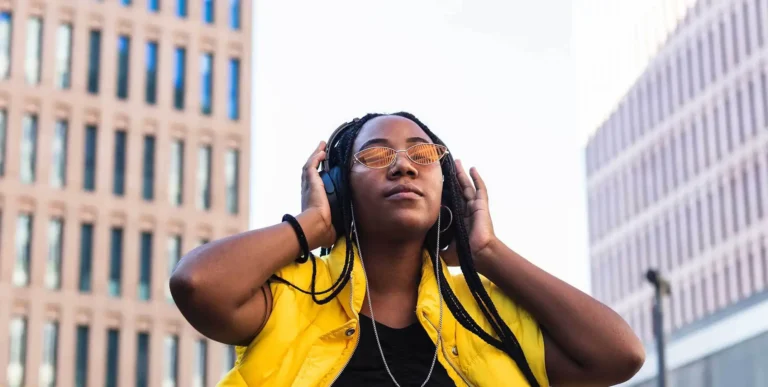A version of this article appeared originally on N12. You can read it here.
The world of marketing has long since undergone a revolution in data-based personal marketing. The advertisements on leading platforms show according to the user’s preferences. The next step for retail giants is sending customised offers directly to the customer.
A study by the strategic consulting firm Boston Consulting Group finds that shifting a quarter of the campaign budget to custom bids will increase ROI by 200%, leading to more than $70 billion a year in growth opportunity.
As Elad Goldenberg, general manager of ecommerce operations at eko, explains it, the world of advertising has changed dramatically since digital and measurable tools were created, and businesses today are savvy on things like accurately measuring how much each marketing campaign has put into the company’s coffers and how to make sure each customer sees a different ad tailored for them.
Personalised Marketing Changes CX
If we compare this personalisation to a store, it’s like walking into a place where the seller knows you and sets aside what you usually buy, Goldenberg says, which creates a better relationship with the customers and develops loyalty.
The BCG report notes that the coronavirus has disrupted consumers’ buying habits, causing them to try new products and brands and change the way they buy and think about the value they receive. These changes give retailers an opportunity to move to a more effective customer strategy. When companies reallocate funds to a marketing budget, they must prioritise the transition from mass promotions to custom offers. U.S. suppliers and retailers currently spend between $140 billion and $200 billion on marketing (excluding advertising), but only about 5% of that amount is allocated to custom offers.
The CEO With You in the Living Room
Idomoo, cofounded by Danny Kalish, who also serves as its CTO, has developed a platform for creating millions of real-time data-based videos for organisations and companies. Custom videos are sent to customers, allowing companies to make a significant leap in the way they communicate with their customers.
“Our goal is to make every bank customer, for example, feel that the bank’s CEO is sitting with him in the living room, looking at his data and showing him which mortgage route he should take or an investment route recommended for him,” Kalish explains. “(We want) to make this ‘nice to have’ a must for any company and organisation.”
Post on
According to Kalish, with the help of advanced algorithmic capabilities and huge real-time data analysis based on artificial intelligence, videos are an effective and critical service for organisations and companies that need to talk to their end customers at the most personal level.
Using Personalised Video has led to a 10x increase in customer engagement, and the four largest U.S. banks using Idomoo video technology saw a 24-point increase in loyalty. Millennials and Generation Z, in particular, love the visual medium of video.
Yet even though video is the preferred form of content online, in many ways, it’s the least advanced form in the last 20 years (excluding recent innovation in video technology).
“Our goal is to make video up-to-date, live and interactive with a platform where customers of any company from any sector can communicate with that company,” Kalish said.
The Future of Data-Based Marketing
Marketing personalisation with different messages for segmented groups is just the beginning. Goldenberg claims the next step is moving to individualisation, tailoring messages to a single individual, which will give even greater value to customers.
For more about Idomoo’s innovation in the world of video, read how Living Video began.





